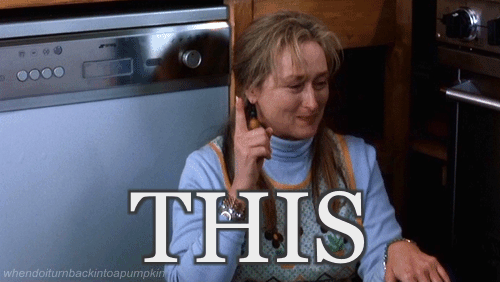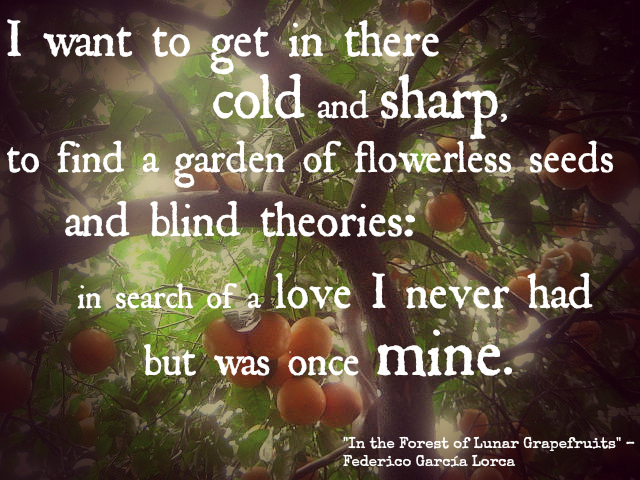That beautifully-eyebrowed man above went by the name of Federico Garcia Lorca, playwright and poet. To put him in context, I offer the following analogy:
Shakespeare : England :: Lorca : Spain
I'm currently working on a production of one of his more well known works, Doña Rosita. I love this play and especially love the character I'm working on- the Housekeeper.
"Wow Jenny, your role doesn't even have a name. Must be tiny. LAME."
Well, jokes on you because Lorca loves to not use names. He instead assigns what a person is to signify them. So our title character does get a name, yes- Dona Rosita. But then we have the Aunt, the Uncle, the Housekeeper, Spinster 1, Spinster 2, Spinster 3, on and on. This may seem like an odd choice, but is actually Lorca making these characters universal and accessible to any audience.
My character is inspired by Lorca real-life wet nurse Dolores Cuesta. Based on the script, I have to assume that this lady was amazing. I outlive, outcurse, outjoke, outyell just about everyone. She's the only character in the show of a distinctly lower class and Lorca uses her brilliantly as a foil to the pretentiousness that he witnessed all around him while growing up in early 1900s bourgeois Spain. I'm also constantly amazed at how this man wrote in a way that I consistently strongly identify with. Lorca was a gay Spanish poet from the turn of the 20th Century. That might be the opposite of everything I am. But I hear my voice, my thoughts, my hopes, my fears often in what he writes. One of my favorite bits of dialogue as the Housekeeper is a sentiment that I know many women will understand:
"It's like loving a person you can't get through to; crying and not being sure who you are crying for; sighing for someone you know doesn't deserve your sighs. It's an open wound that never stops bleeding, and yet there's no one, no one at all to bring the cotton wool, the bandages, the precious piece of ice."
Lorca was assassinated by Franco's regime merely days after the revolution began in 1936. He wasn't even 40 yet. It stings to think of the works that the world was deprived of because his talent, political leanings, and sexual orientation made him too much of a threat.
Dona Rosita is a "tragedy." But it's also funny and it's always poignant. It's a huge challenge to convey the amount of truth that Lorca packed into every scene. I love challenges like that.
To Lorca,

.jpg)








No comments:
Post a Comment